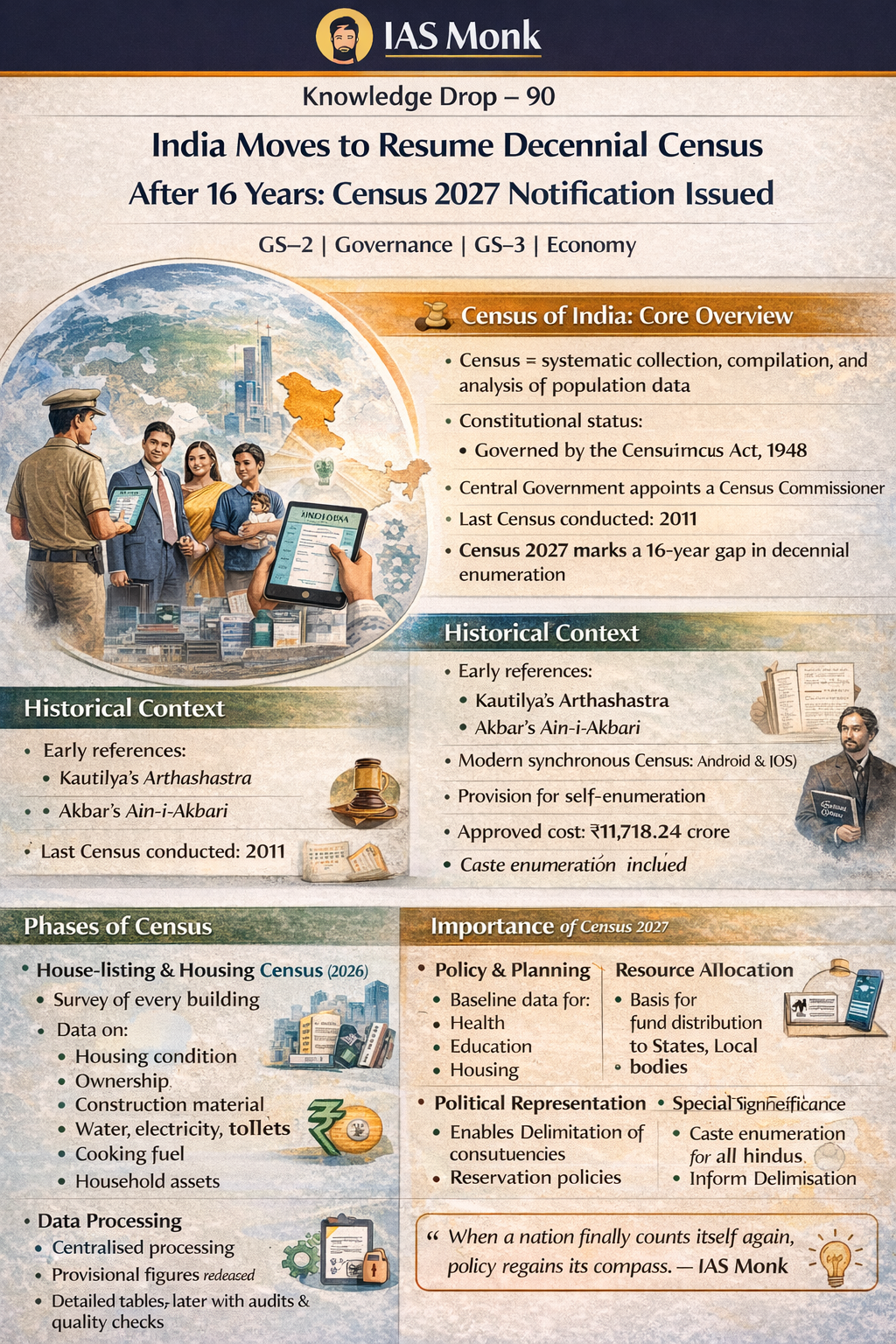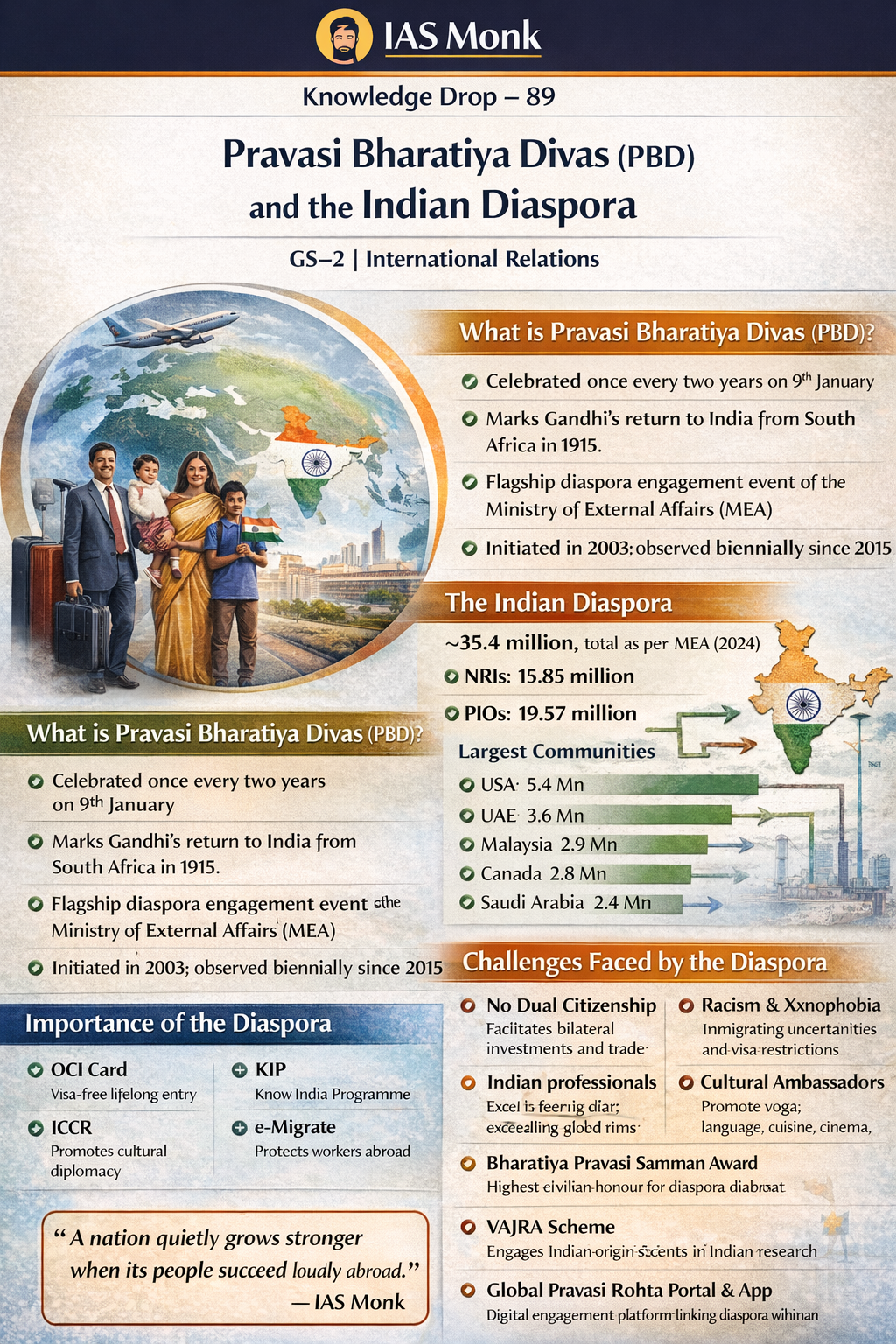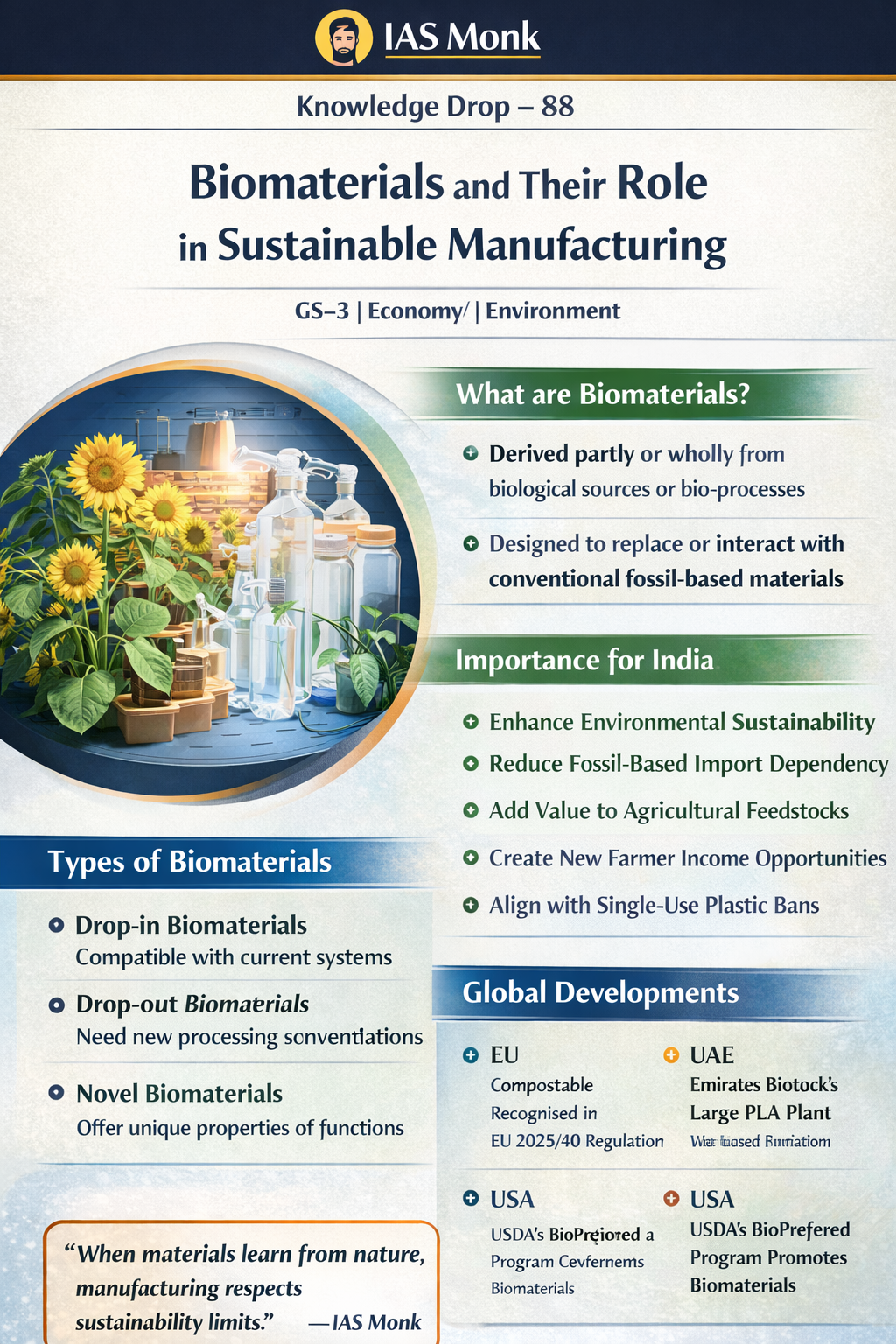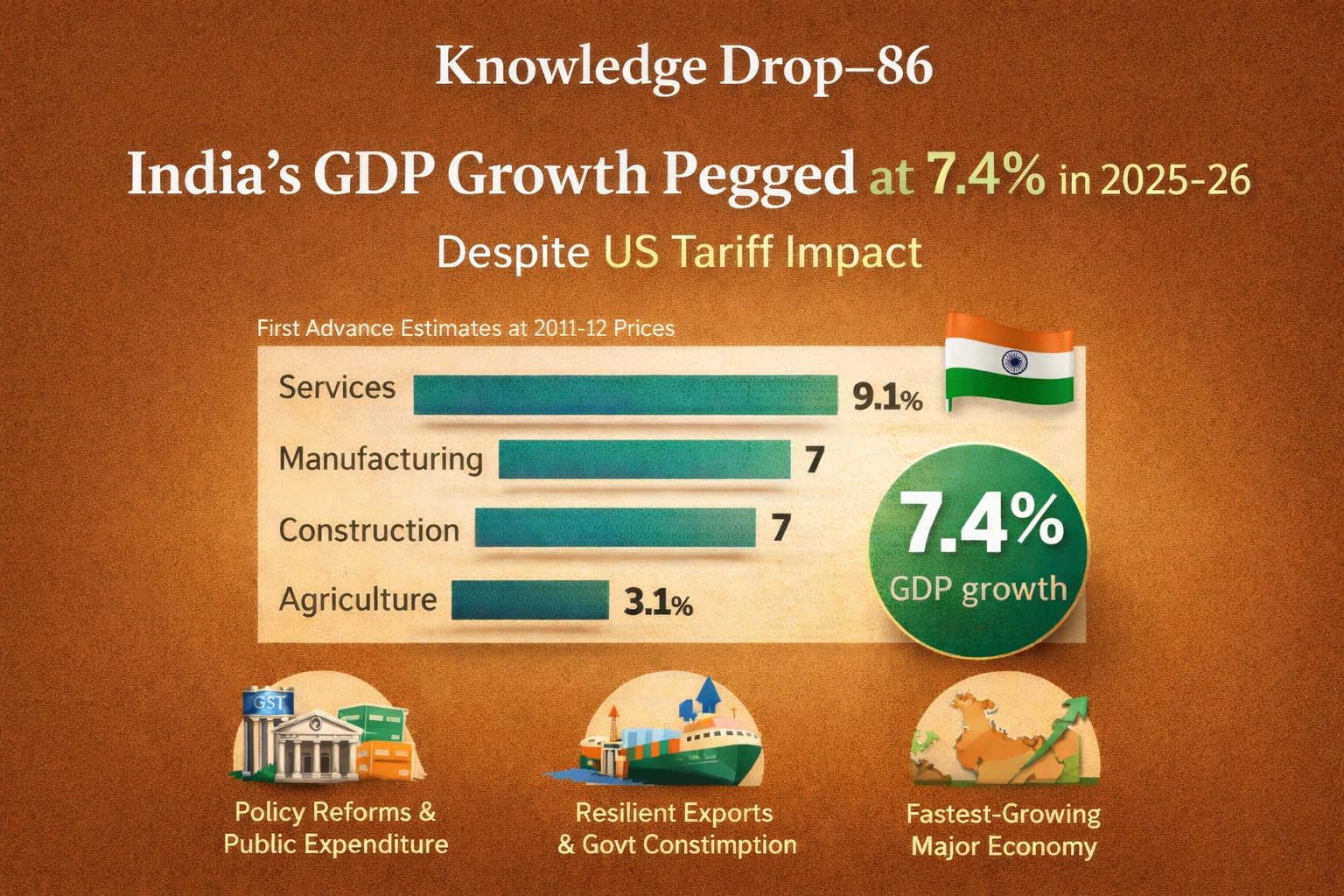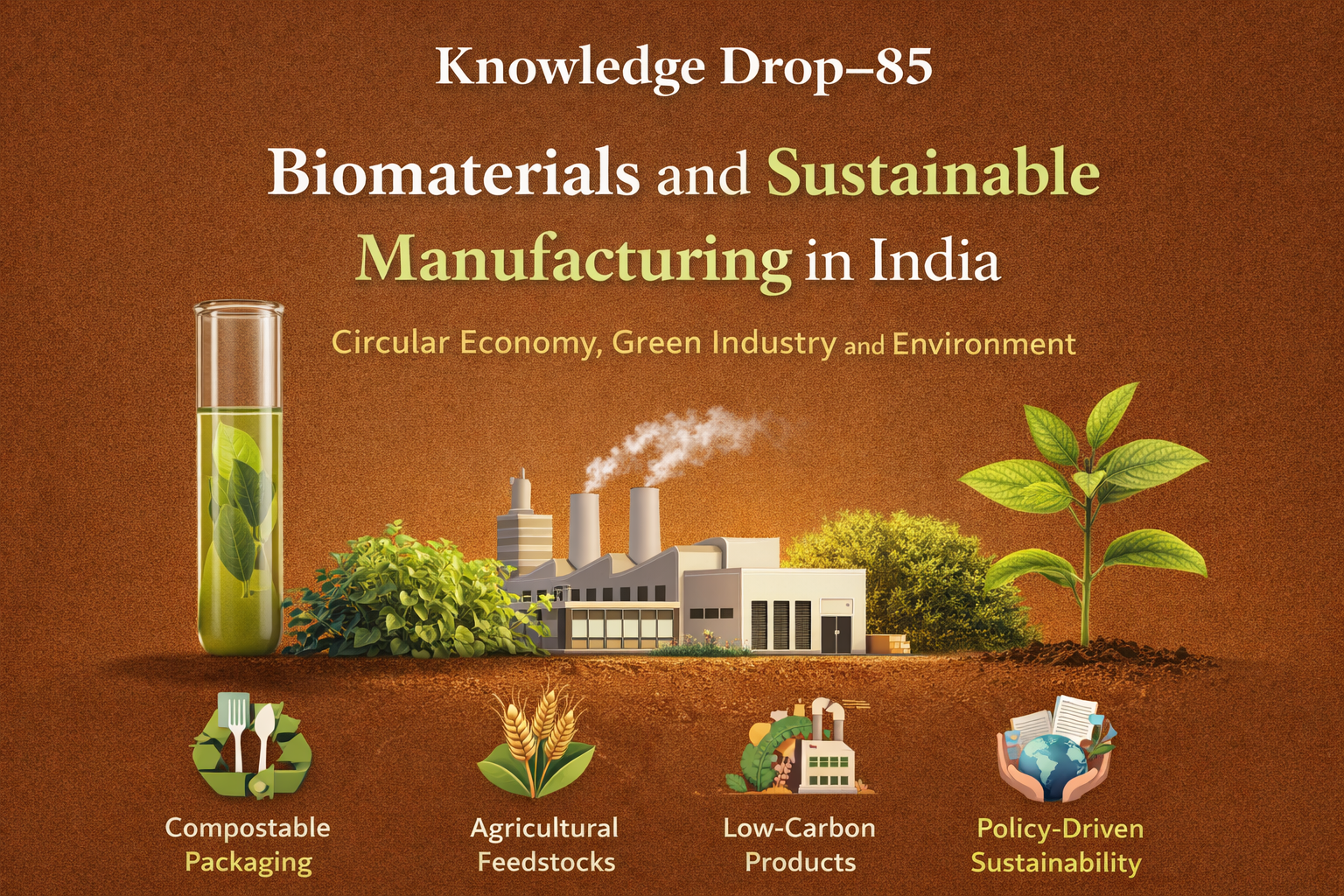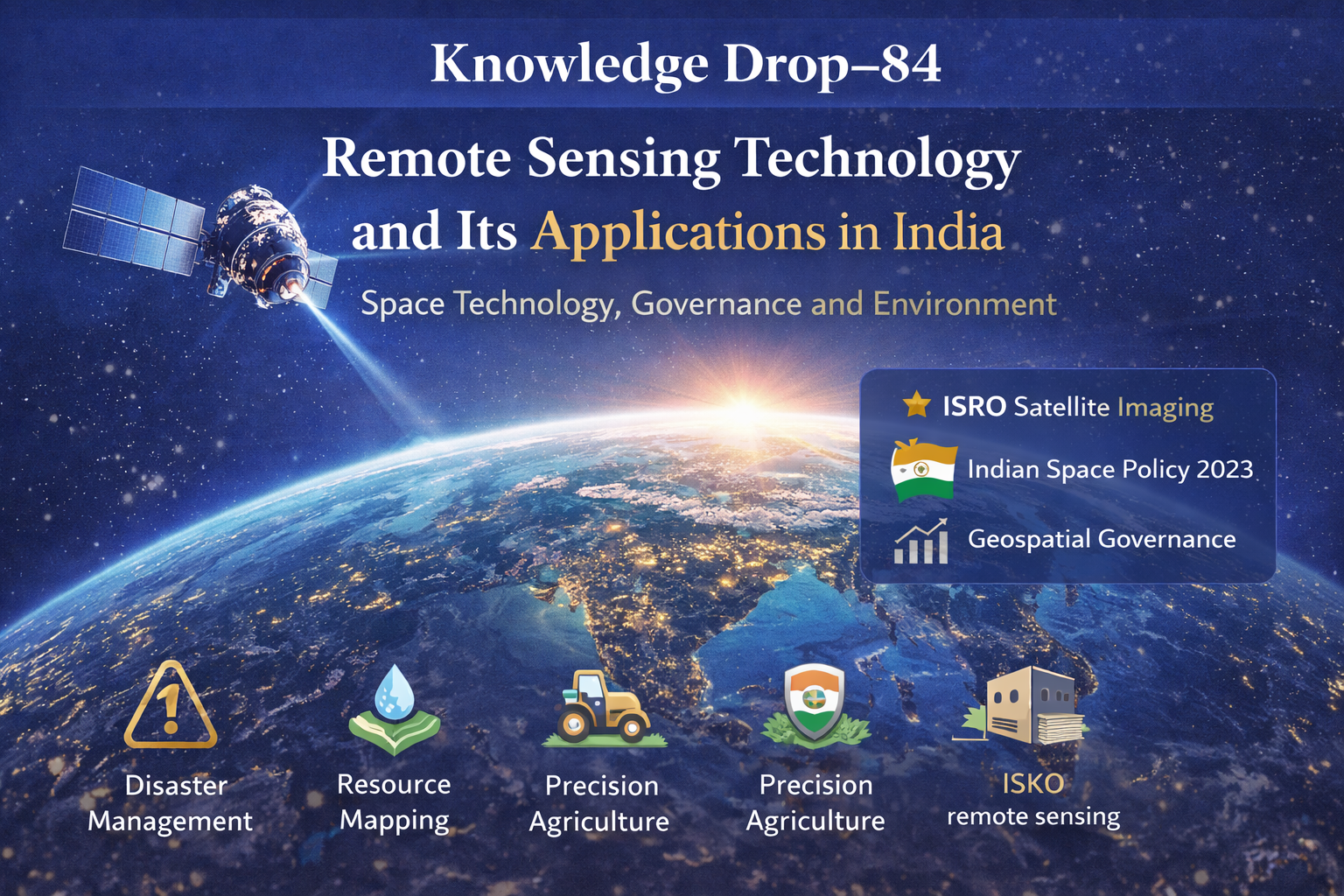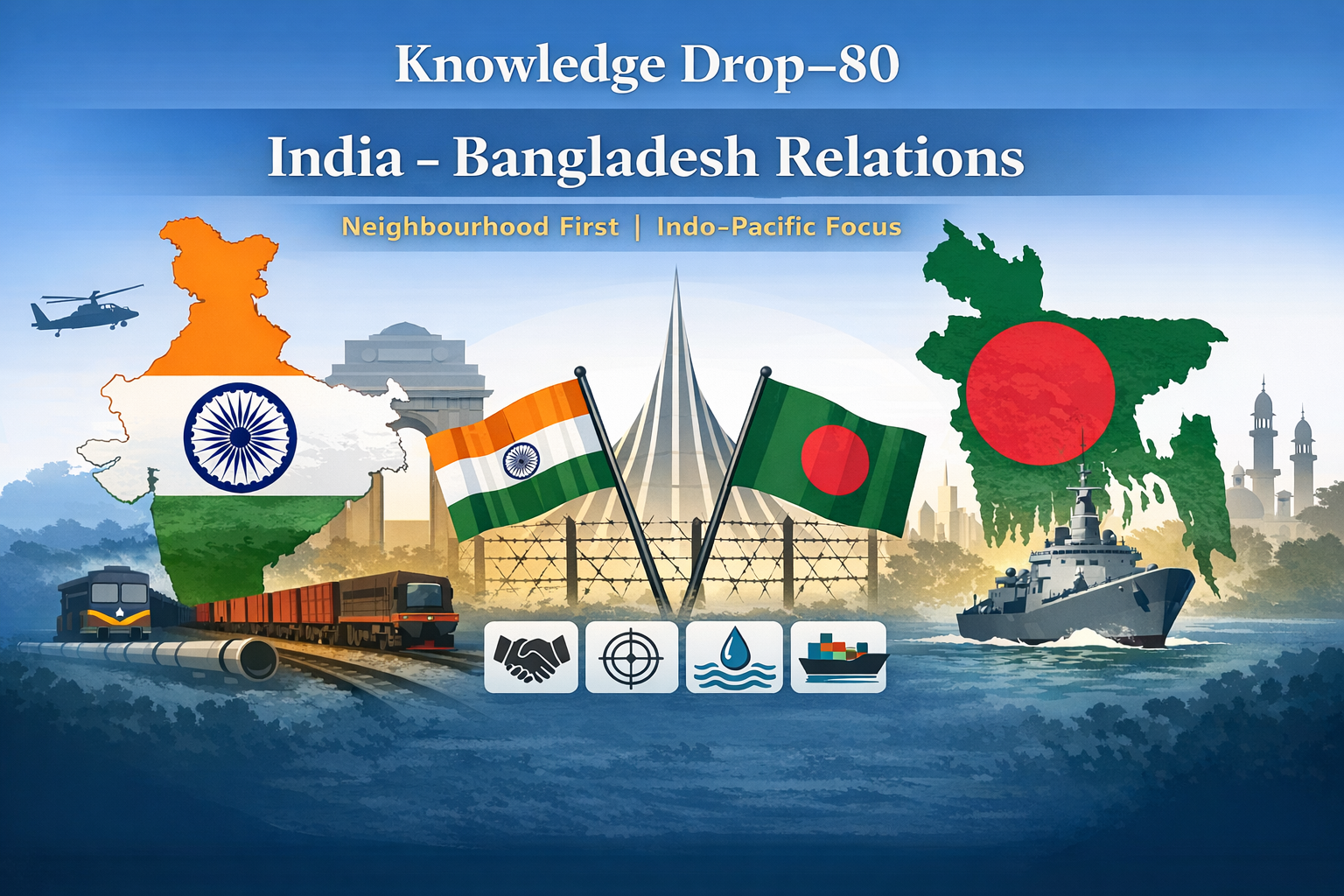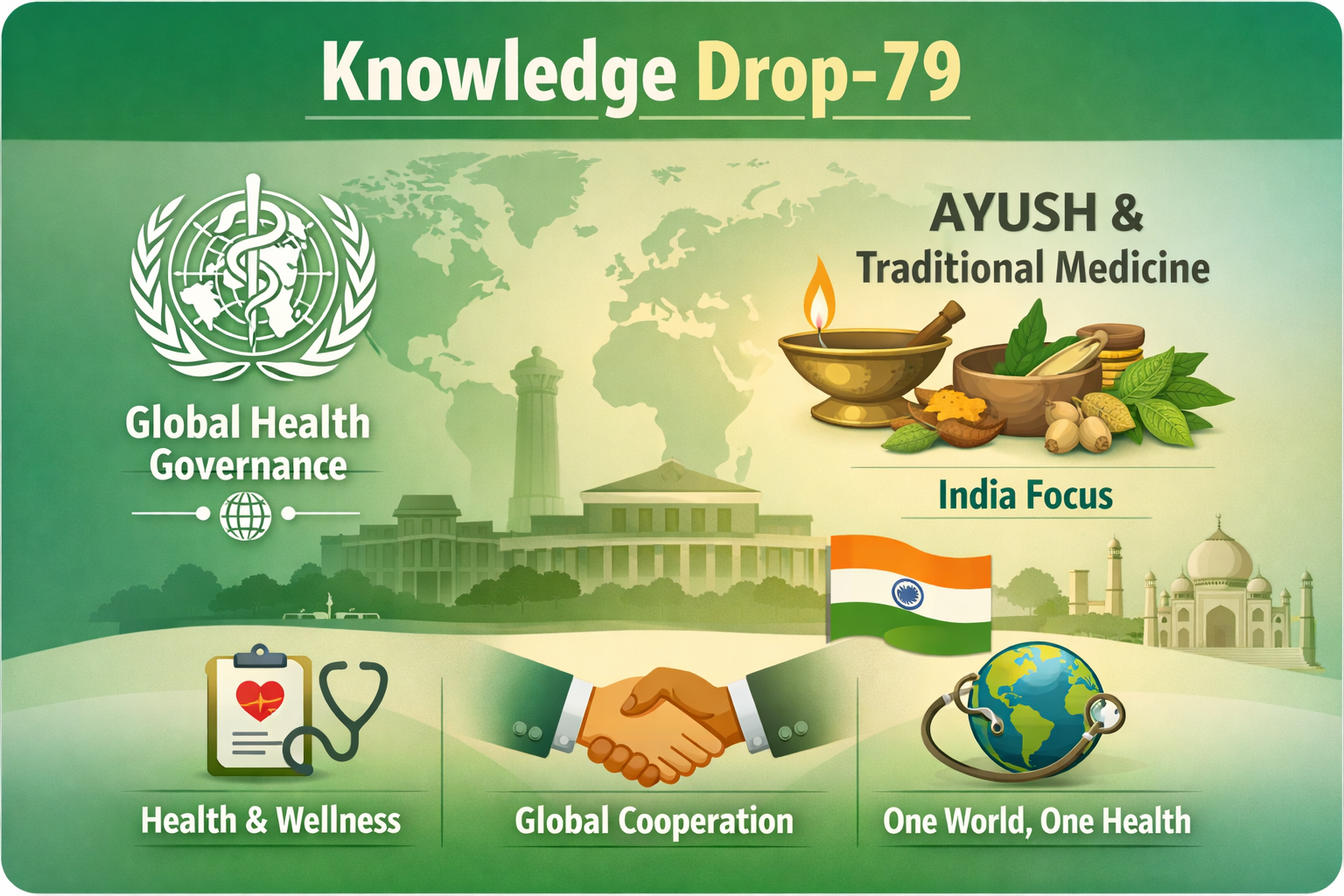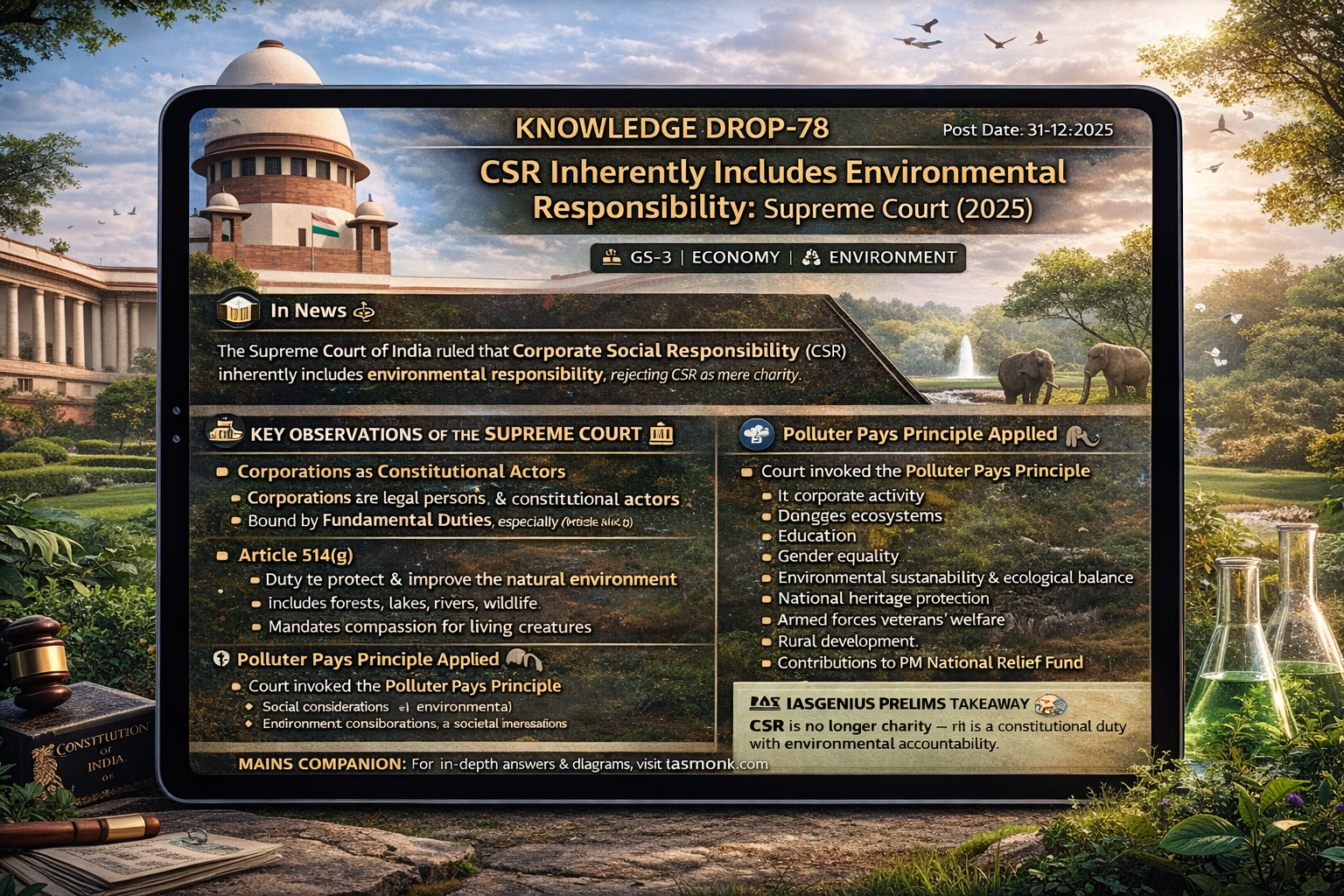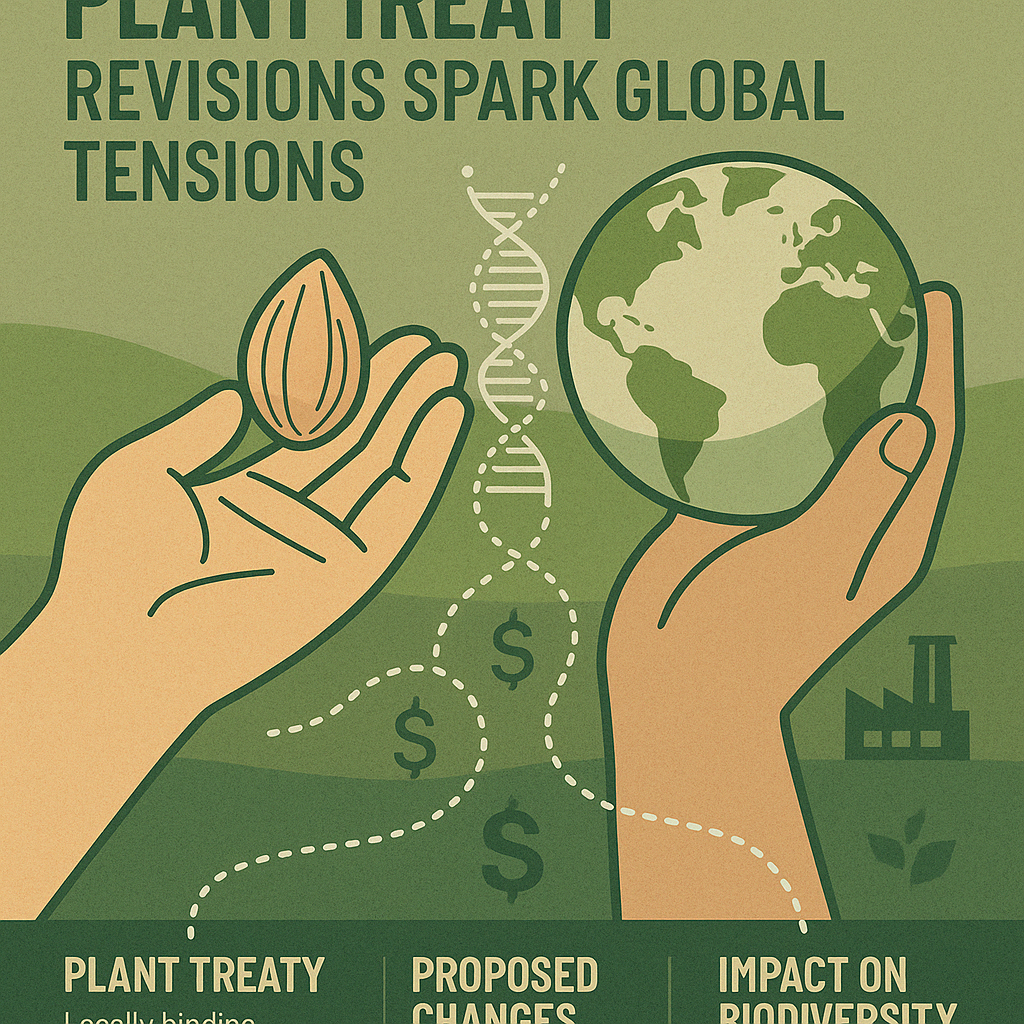
006. Seeds on Trial – Plant Treaty Revisions Spark Global Tensions 🌱
Environment, Agriculture, Biodiversity, International Agreements
By IAS Monk / April 2, 2025


In Rome, the 13th meeting of the Ad Hoc Open-ended Working Group on the International Treaty on Plant Genetic Resources for Food and Agriculture (PGRFA) has ignited fierce debate.
Proposed amendments aim to expand free access to all plant species, challenging the treaty’s delicate balance between global food security and genetic sovereignty.
📘 What is the Plant Treaty?
- Adopted in 2001, it’s the only legally binding treaty focused on plant genetic resources for food and agriculture
- Key pillars:
➤ Conservation
➤ Sustainable Use
➤ Equitable Benefit-Sharing - Currently, the MLS (Multilateral System) covers:
➤ 35 food crops
➤ 29 forages
🔁 Proposed Amendment (2025)
- Allow access to all plant species with useful traits for breeding
- Could weaken benefit-sharing systems
- Risks creating “open vaults” of genetic material
🌾 Farmers’ Rights in Focus
- Article 9 mandates protection of:
➤ Saving, using, and sharing seeds
➤ Recognition of traditional agricultural knowledge - Central to crop diversity and local food security
🚨 Opposition & Global Backlash
- 138 civil society groups oppose the move (including 23 from India)
- Concerns:
➤ Violates original treaty purpose
➤ Encourages corporate control + biopiracy (including digital biopiracy)
➤ Undermines Convention on Biological Diversity (CBD)
🌿 Risks to Biodiversity
| Factor | Potential Impact |
|---|---|
| 350,000+ known plant species | Unmonitored sharing → loss of local sovereignty |
| 30,000+ edible species | Threat of commercial overreach |
| Rare traits in native flora | Risk of exploitation without consent |
📚 Relevance for UPSC
- GS2: International Agreements, Farmer Welfare
- GS3: Biodiversity, Agriculture, Environmental Governance
- Essay: “Seeds are not just tools of survival—they are vessels of heritage.”
✨ Closing Whisper
“A treaty meant to protect the roots of the world must not become the tool that uproots them.”
🔥 A Thought Spark – by IAS Monk
In every grain of millet, in every heirloom rice seed, lies ancestral knowledge and sovereign hope.
To treat them as code or commodity is to forget that the future of food was always a local language first.
The Plant Treaty must remain a guardian of balance—not a broker of genetic shortcuts.

